Every year, the MCB department gives PhD graduates the option, in lieu of a formal thesis defense, to showcase their work during the Thesis Research Presentations (TheRPs) symposium. The presentations are open to everyone, including all department members, family, and friends, and provide graduates an opportunity to present their scientific research and acknowledge the people and community who helped them along the way.
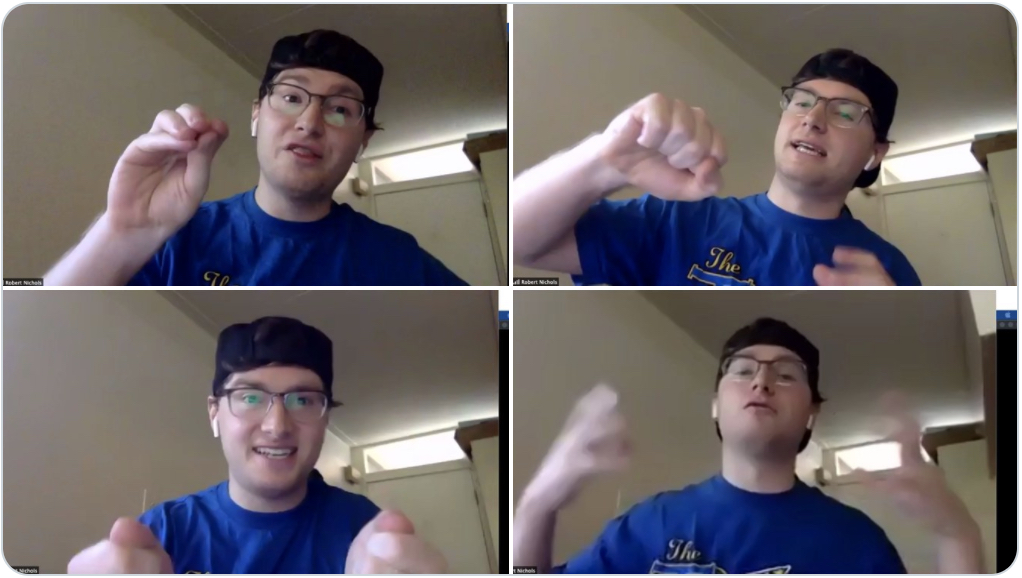 Robert Nichols (Savage lab) starts off the 2020 virtual MCB TheRPs with his talk, "Discovery and characterization of a novel family of prokaryotic nanocompartments involved in sulfur metabolism". Photo credit: David Savage, Twitter. |
The symposium typically takes place on campus over several days with back-to-back talks, but because of SARS-CoV2/COVID-19 restrictions, the event was moved online. Graduate students Helen Vander Wende (Brar lab) and Mathew Summers (Feller lab) organized TheRPs this year. It was important for them to create an event that ensured this year's graduates had an equal chance to celebrate their achievements with the community. And hosting a virtual TheRPs had the additional benefit of making it more accessible. "Doing things virtually has allowed us to have attendees from all over the world… [one of our speakers had] several family members from Germany tuning in, who might not otherwise have been able to attend the traditional in-person event," says Summers.
Eight talks were given on Wednesday and Thursday of last week, and the 2020 TheRPs conclude today, May 28, with one final presentation. Virtual TheRPs was a worthy competitor of the traditional event. During this unpredictable time, the symposium offered a creative, meaningful way to celebrate our PhD graduates' success. Vander Wende says, "although it has obviously been great to hear about everyone's amazing science, I have really been moved by the displays of gratitude and acknowledgment, which seem more important than ever."
Molecular & Cell Biology 2020 Thesis Research Presentations
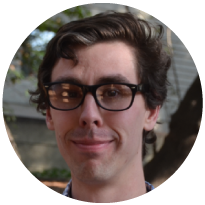 John Blair “Establishment of a human brain organoid model of the neurodevelopmental disorder Tuberous Sclerosis” Bateup lab |
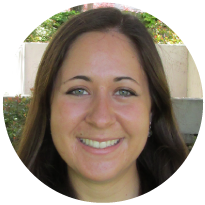 Amy Eisenberg “TIS-profiling reveals widespread synthesis of non-AUG-initiated protein isoforms in yeast” Brar lab |
 Jenna Haines “More than just on and off: exploring enhancer function and regulation during early embryonic development” Eisen lab |
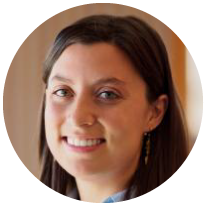 Ella Hartenian “RNA decay during gammaherpesvirus infection reduces RNA polymerase II occupancy of host promoters but spares viral promoters” Glaunsinger lab |
 Djem Kissiov “Probabilistic enhancer action imparts variegated expression in the natural killer cell gene complex” Raulet lab |
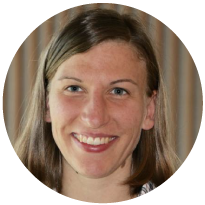 Franziska Lorbeer “The telomere length regulation conundrum: how to balance regeneration vs. overproliferation” Hockemeyer lab |
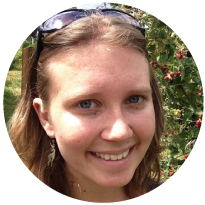
Lydia Lutes |
 Robert Nichols “Discovery and characterization of a novel family of prokaryotic nanocompartments involved in sulfur metabolism” Savage lab |
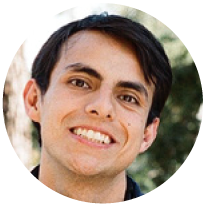 Fernando Rodríguez Pérez “Ubiquitin-dependent remodeling of the actin cytoskeleton drives cell fusion” Rape lab |